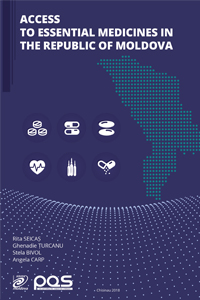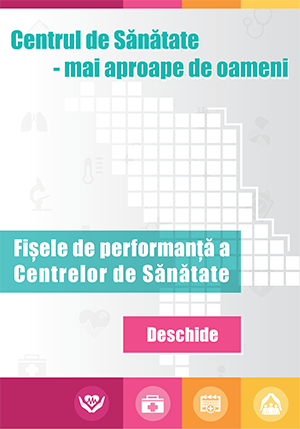Ensuring continuous access to essential and affordable medicines of good quality is one of the key components of a functional health system. The commitment of the Government of the Republic of Moldova to the implementation of the concept of essential medicines is stipulated by a series of strategic documents: National Health Policy, State Medicines Policy as well as by regulatory documents that translate this concept into practice. This report presents assessment results on the implementation of the concept of essential medicines in the national health system and identifies determinants to improve the application of the concept in practice.




